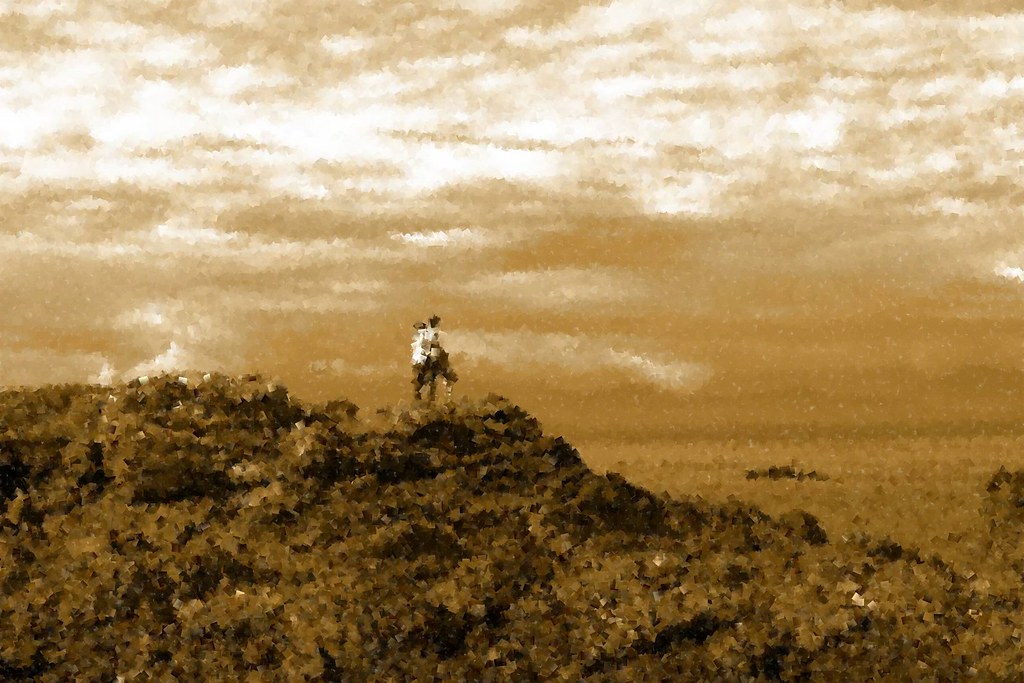
Meditation IX.35 - Let it Be - Translated by George Long and rewritten by Russell McNeil
Loss is nothing else than change. But the universal nature delights in change, and in obedience to her all things are now done well, and from eternity have been done in like form, and will be such to time without end.1 What, then, do you say? That all things have been and all things always will be bad, and that no power has ever been found in so many gods to rectify these things, but the world has been condemned to be found in never ceasing evil?2
Explanation
(1) The change the Stoics observed in nature at all levels was viewed as a fundamental law of nature. Taken together with the next meditation (Med. IX.36 - The Celebration of Decay) these two observed facts of nature anticipate the Second Law of Thermodynamics (for more on this please see the meditations on "Time, Motion, Cosmology and Evolution (p. 27-34) in Chapter 1, "The Promise of Stoicism" in my book, The Meditations of Marcus Aurelius: Selections Annotated and Explained). Incorporating this physical principle - as understood in the ancient world - into a moral directive presents an interesting challenge.
(2) If change and decay are integral to the fabric of nature, they must be necessary. We human beings are part of nature and we too must therefore change - and decay. To view these things with regret or bitterness misses the point of our role in nature's plan. To view these as "evil[s]" that ought to be corrected by the gods - or in modern times, by science - is contrary to nature. But we have been commanded to live according to nature, and in so doing, we will find peace. Death, disease, injury, and loss must be. The Stoic knows this, and celebrates these things as necessary passages through the various stages of our brief existence. Let it be.
Russell McNeil, PhD, is the author of The Meditations of Marcus Aurelius: Selections Annotated and Explained by Skylight Paths Publishing. The unpublished selections presented in this Blog are provided as supplemental material to the published selections which are annotated and explained in the book. The published selections are referenced in this Blog by page number and section.
No comments:
Post a Comment